What to Eat on the Carnivore Diet
If you’re embarking on a carnivore diet, understanding what to include in your meals is crucial for success. We’ll walk you through some staple foods you can savor while adhering to this low-carb, higher-fat and high-protein eating regimen.
What Does “Carnivore” Mean?
To achieve and sustain a carnivore diet, it is paramount to minimize and eliminate your intake of any plant-based foods. This will also limit your carbohydrate intake and help you become fat-adapted or even achieve ketosis. Being in ketosis is reliably achieved by consuming fewer than 50 grams of net carbs per day, with an ideal target of staying below 20 grams. Lowering your carb consumption makes it easier to achieve ketosis, promote weight loss, and achieve better control of type 2 diabetes. A carnivore diet makes this a relatively simple process.
Eliminating plant-based foods also often has the effect of reducing systemic inflammatory responses, which often brings symptom relief for many people. By simply adhering to our recommended foods and recipes, you can maintain a carnivore lifestyle without the need for constant calorie counting.
The carnivore diet is, in its “purest” form, composed of exclusively meat, poultry, or seafood. You may choose to add “animal-based” foods, which can include low-carb foods such as full-fat cheeses, heavy cream, or sour cream. These foods can be part of a successful carnivore diet, but many people find that dairy products stimulate inflammatory or autoimmune responses. Dairy foods can also potentially drive more appetite, though not everyone experiences this result. If weight loss is a goal, you may see better results when avoiding dairy products.
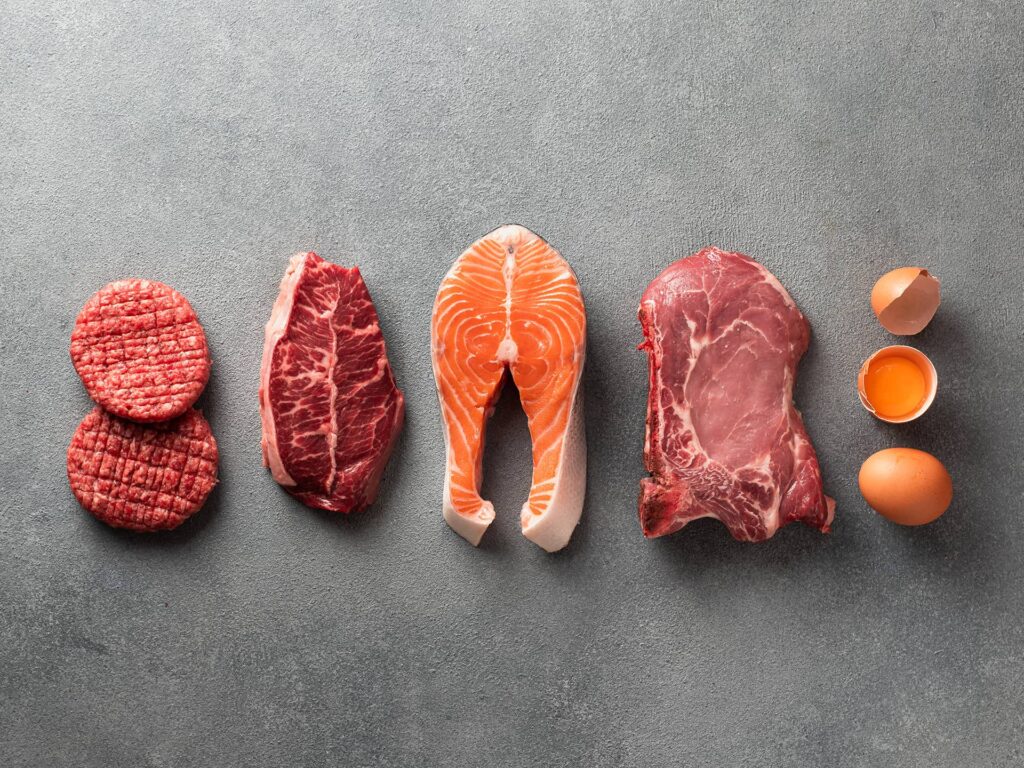
Foods that can be eaten on a carnivore diet:
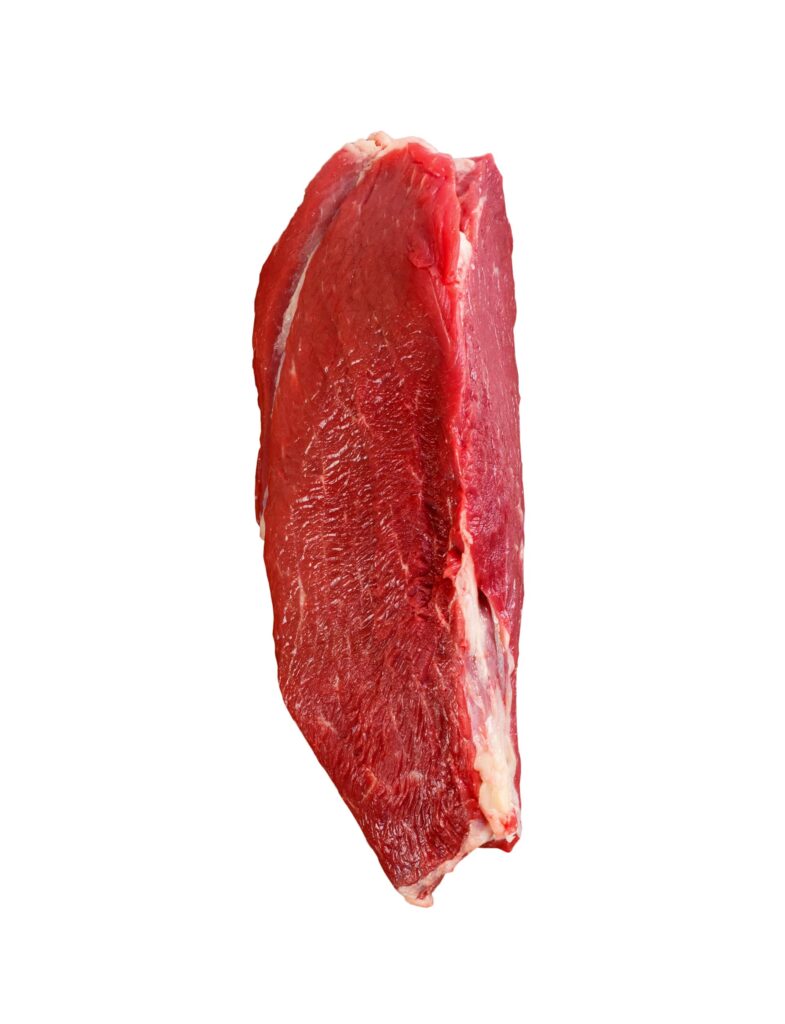
- Ribeye steak
- Chuck steak
- NY strip steak
- Round steak
- Chuck eye steak
- Beef heart
- Beef kidneys
- Cheek meat
- Beef liver
- Flank steak
- Skirt steak
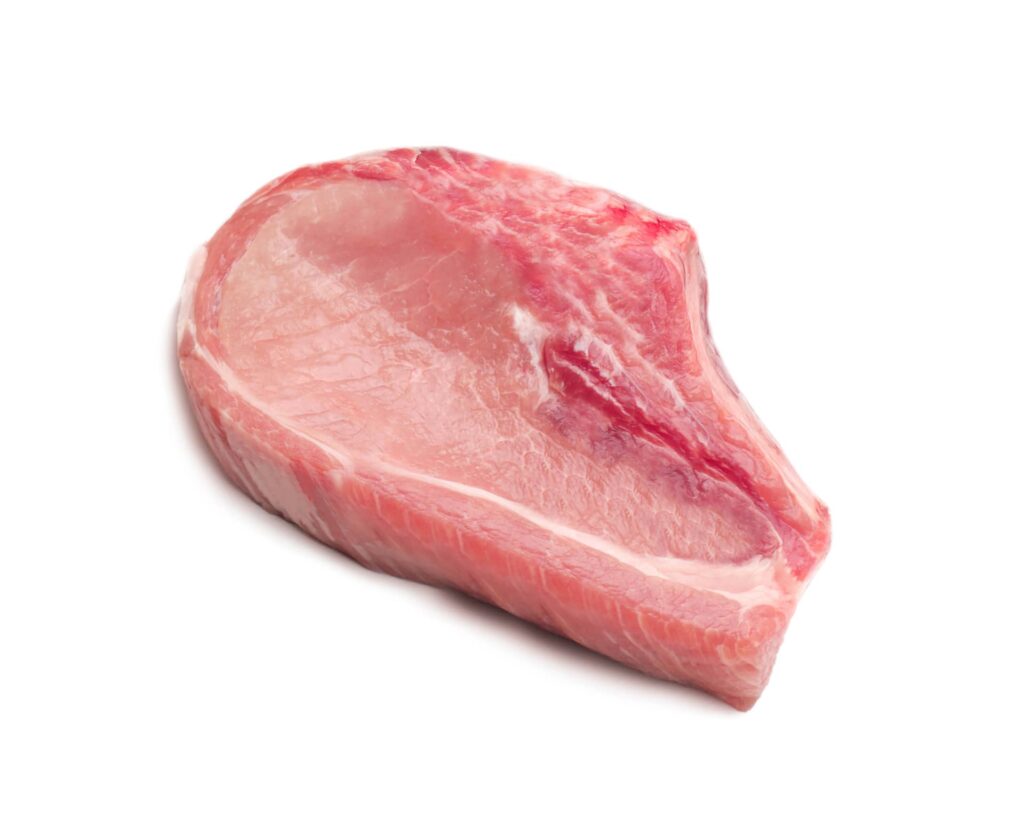
- Country style ribs
- Pork loin
- St. Louis ribs
- Spare ribs
- Back ribs
- Pork shoulder
- Pulled pork
- Pork butt (which is a shoulder cut, actually)
- Pork chops
- Bacon
- Pork belly
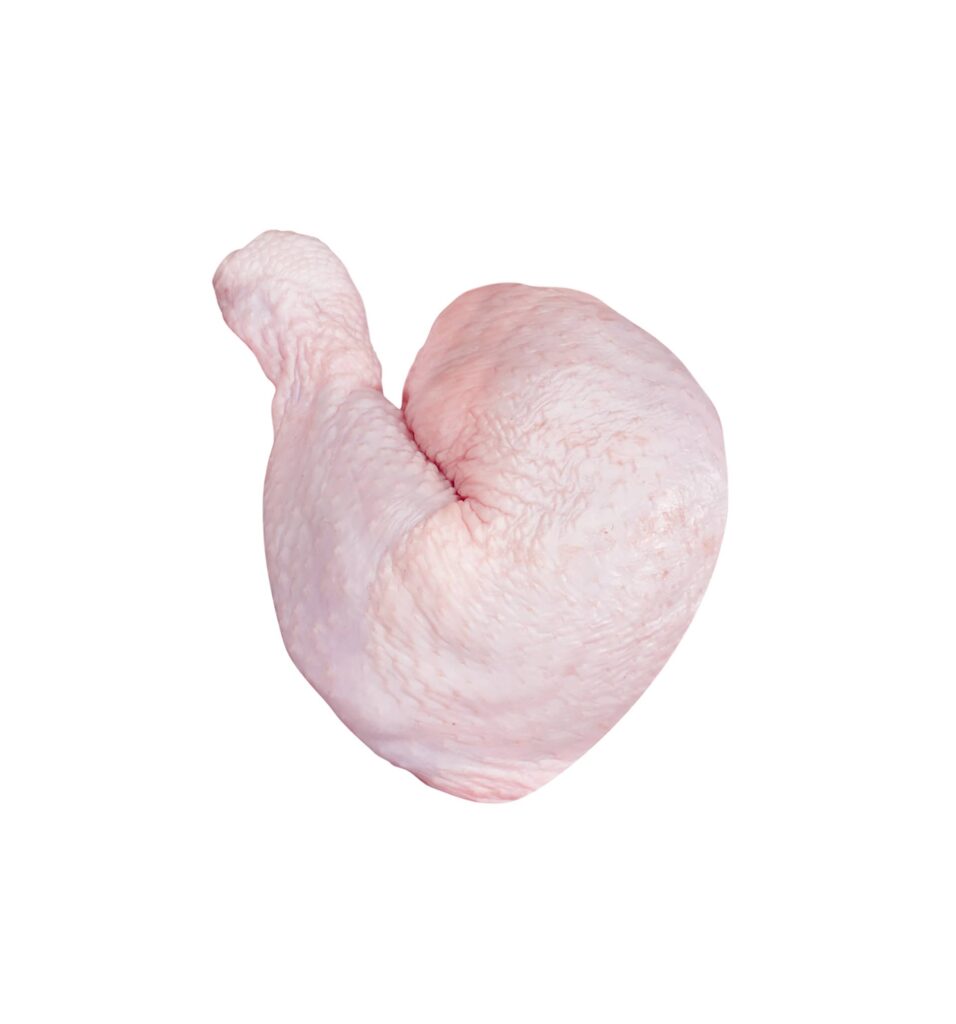
- Whole chicken
- Leg quarters
- Chicken breast
- Chicken wings
- Chicken hearts
- Chicken livers
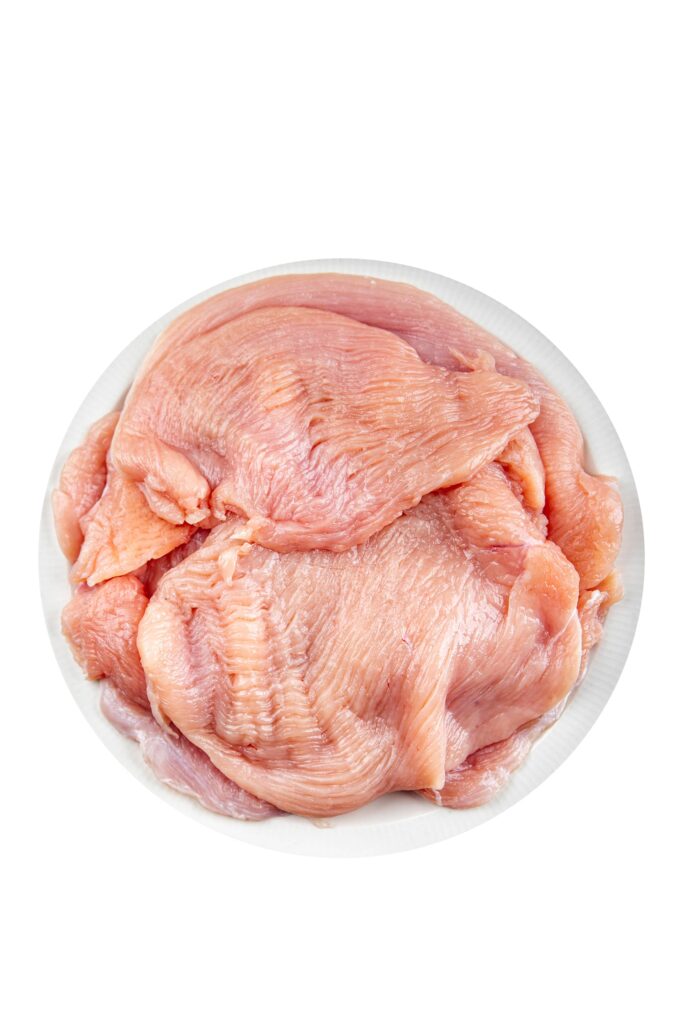
- Whole turkey
- Turkey legs
- Turkey wings
- Turkey breast meat
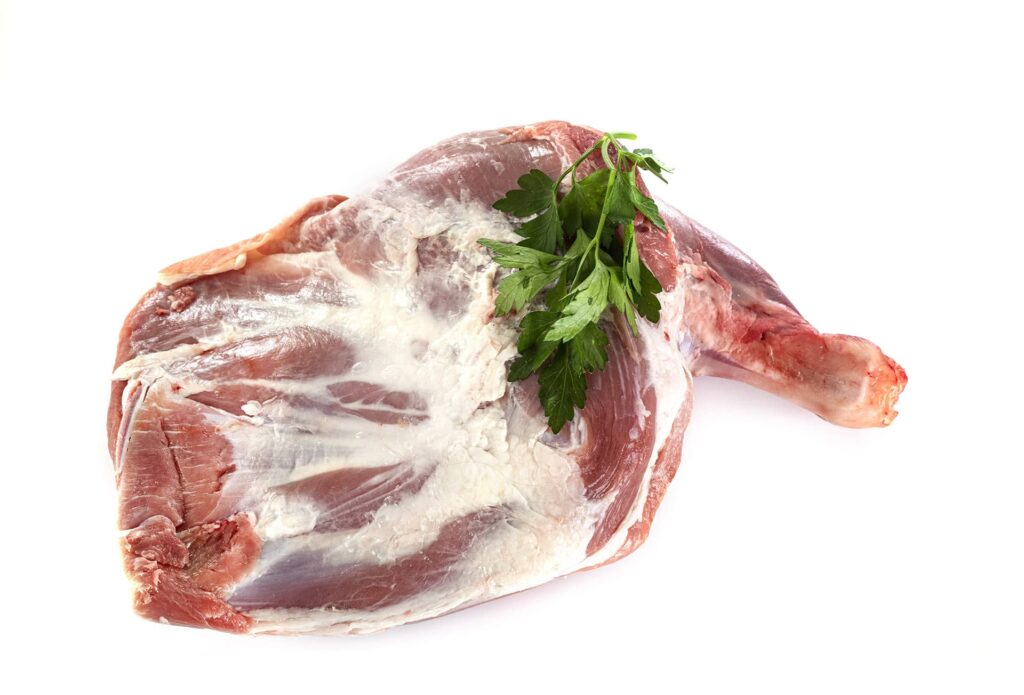
- Leg of lamb
- Rack of lamb (ribs)
- Lamb chops
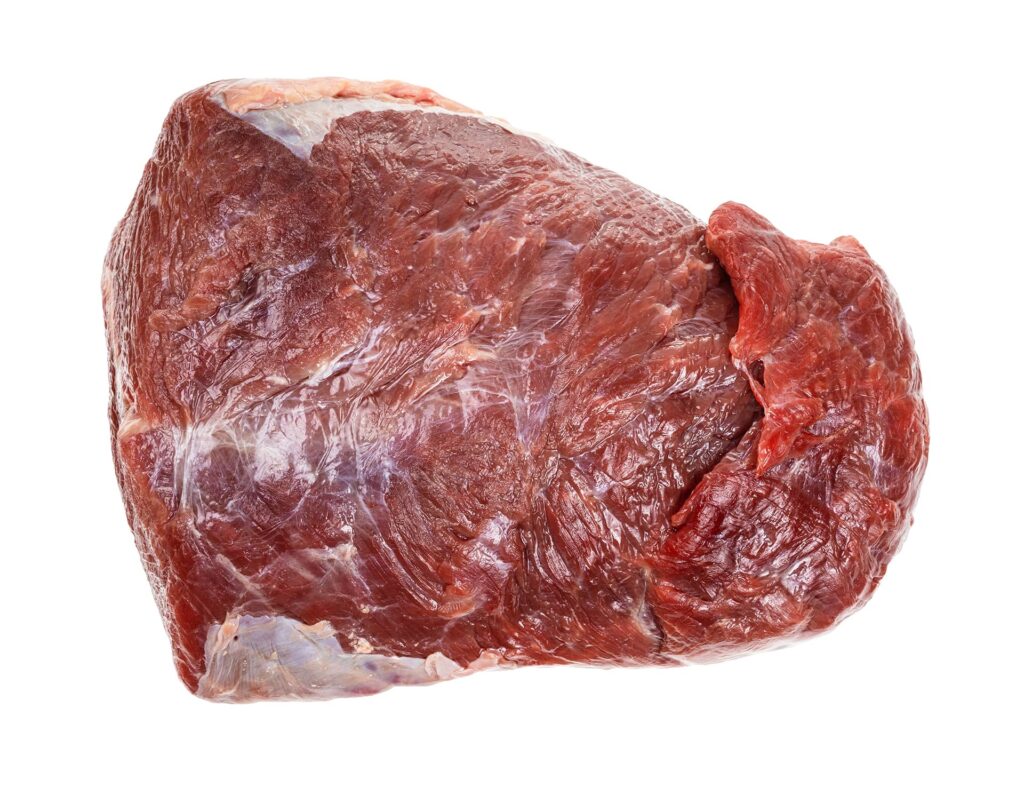
Similar cuts to beef
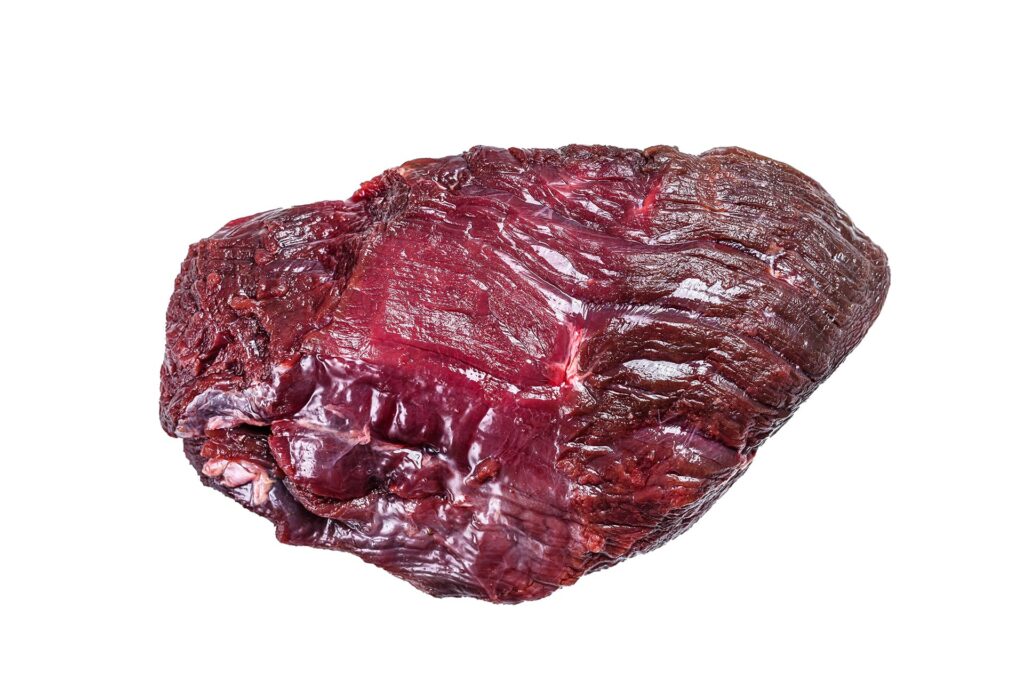
- Elk
- Venison
- Rabbit
- Antelope
- Mountain sheep
- Wild duck or goose
- and many other game animals
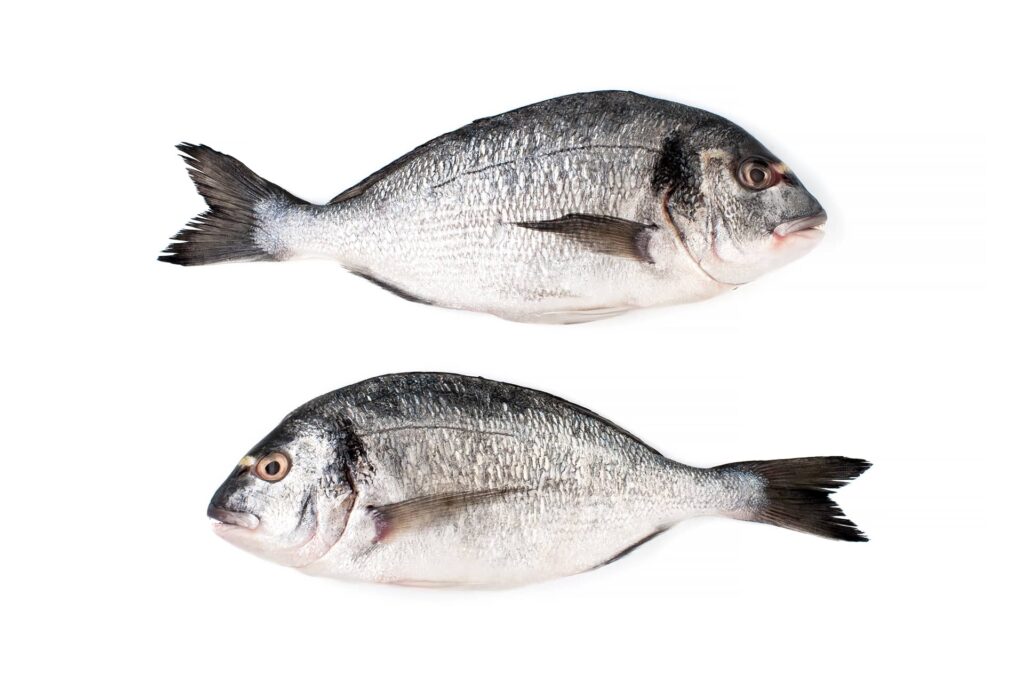
- Tuna
- Salmon
- Flounder
- Anchovies (in olive oil)
- Crab (not “Krab” which is artificial crab made from gluten and whitefish)
- Shrimp
- Squid
- Cod
- Hake
- Halibut
- Mahi (aka “dolphin” but its not the mammal, it’s a fish)
- Oysters
- Clams
- Mussels
- Scallops
- Lobster
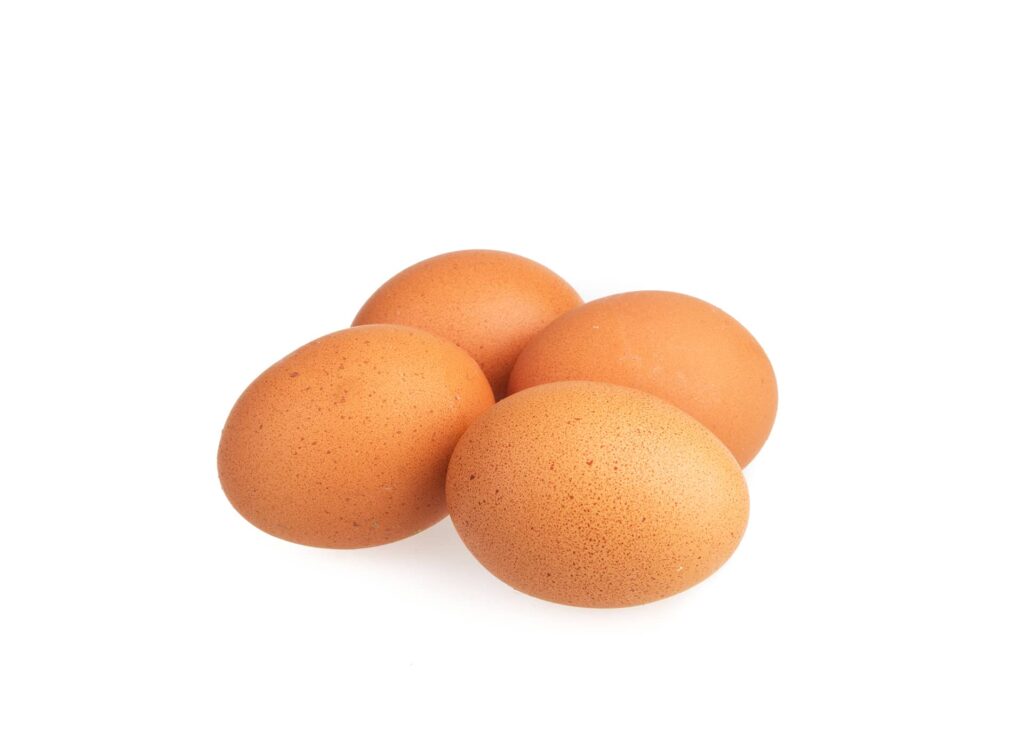
- Chicken
- Duck
- Quail and sometimes others are available.
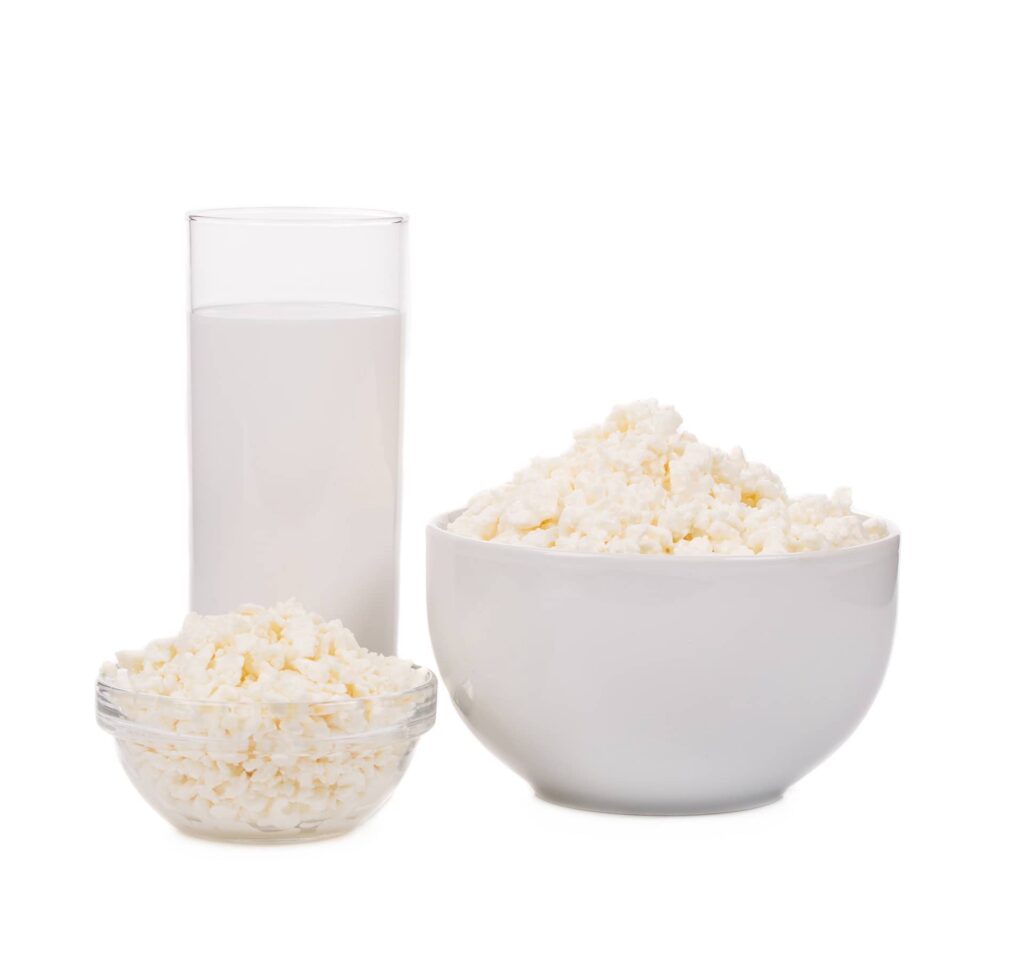
- Heavy cream
- Sour cream
- butter
- brie or camembert cheese
- Goat cheese and similar full-fat dairy products
What to Drink
When it comes to beverages, the primary option on a carnivore diet is water. Coffee or tea are not carnivore diet items, though many people make an exception for these.
If you do drink coffee or tea, it should be with no sweeteners, especially sugar. You may add a touch of cream to your coffee or tea in moderation, but it’s essential to be cautious about multiple daily servings, as the carb content can accumulate. Occasional consumption of dry wine is acceptable, as are small amounts of unsweetened liquor such as bourbon, scotch, vodka, or tequila.

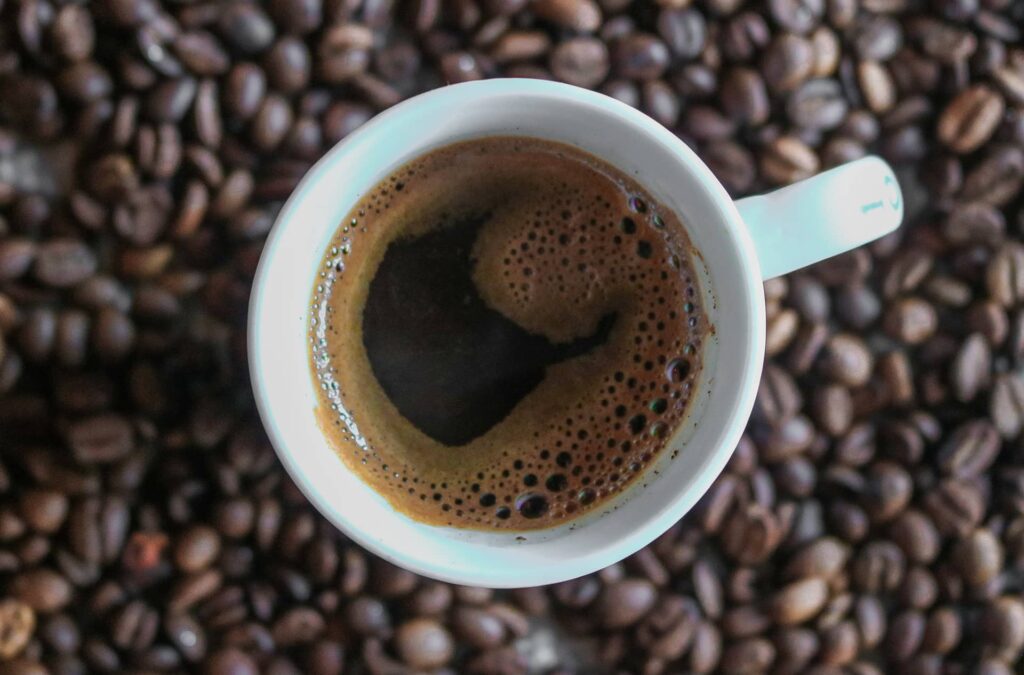

Foods to Avoid
To maintain a carnivore diet successfully, it’s essential to steer clear of all plant-based or high-carb foods, especially those rich in sugar and starch. Foods to avoid are vegetables, bread, tortillas, muffins, bagels, pancakes, pasta, rice, cereal, cakes, cookies, sugar, fruits, and fruit juices. Additionally, avoid all highly processed foods.
Highly processed meats such as hot dogs, for example, are not a good choice for a carnivore diet. Some foods, such as beef jerky, appear to be ideal choices but fall short due to being too lean and having a lot of added sugar in many cases. Some versions, such as Biltong, are much healthier than commercial jerky, and can include fat as well.
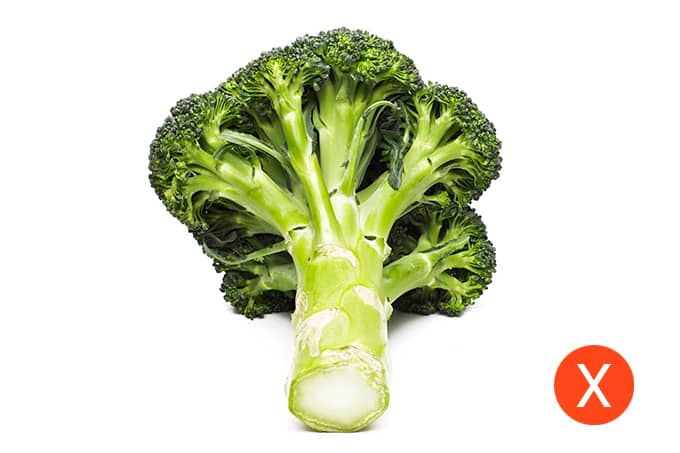
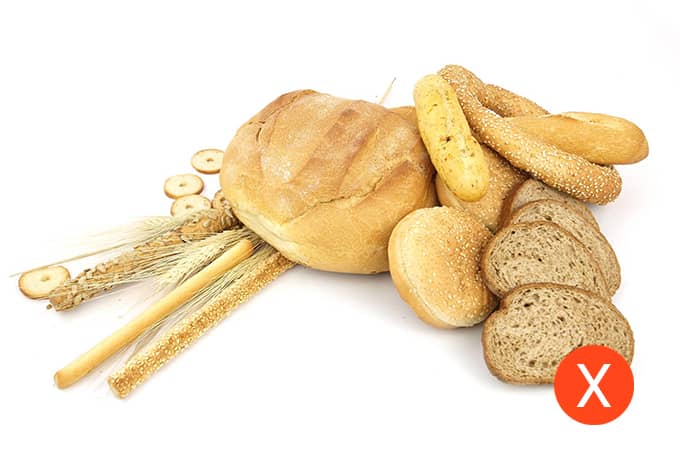
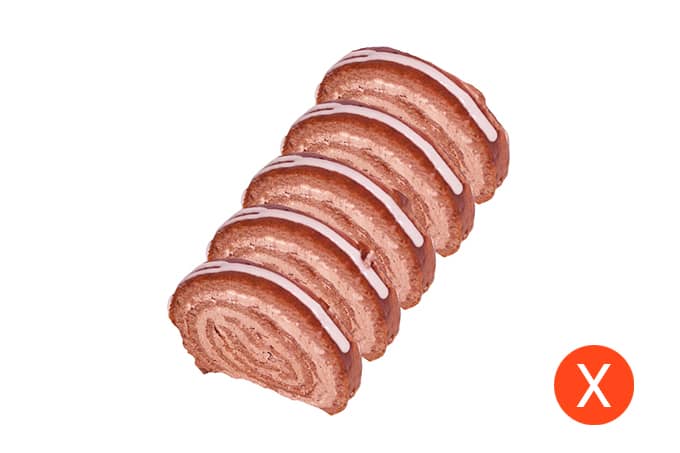
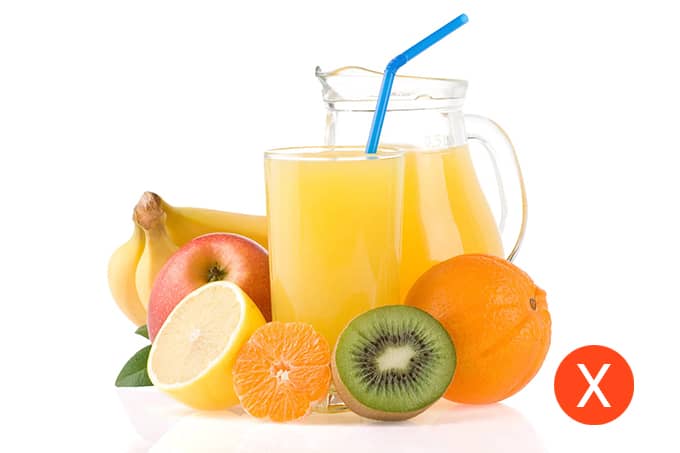
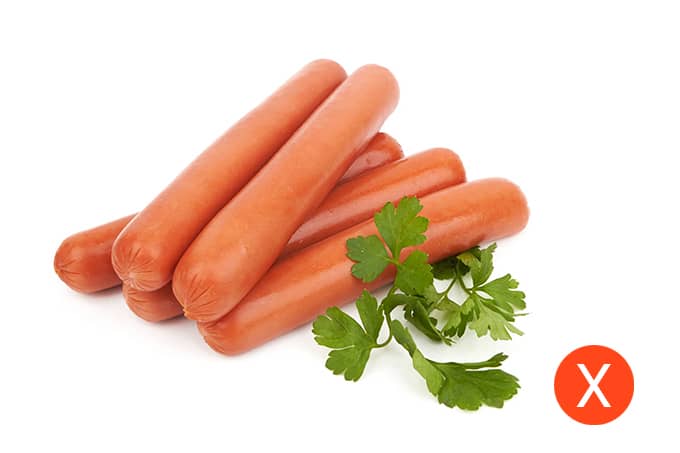
Summary
In summary, preparing your carnivore meals should involve selecting protein sources like meat, poultry, fish, or eggs. Full-fat dairy products can be added, though they are best avoided for many people. Leafy greens, non-starchy vegetables, and salads should be avoided on a carnivore diet. Avoid fruit as well. Fats like tallow, bacon fat, butter, or duck fat can be used for satiety, flavor, and to meet macronutrient needs if achieving ketosis is a goal. It’s imperative to avoid sugary and starchy foods, and your go-to beverage should be water. This means that if you grill or smoke your meat, you should not cover it in a sugary barbecue sauce or rub that is made from plants. Salt is the best seasoning on a carnivore diet.
When it comes to macronutrient distribution, making a carnivore diet into a successful keto diet requires a moderate amount of protein to meet individual needs, and fat consumption based on satisfaction rather than overindulgence. Typically, 60 to 75% of your daily calories should come from fat. This is easily achieved with fattier meats; for example an 80/20 hamburger provides 72% of its calories from fat.
While the impact of protein on ketosis may be negligible among many individuals, keeping net carb intake below 20 grams per day and eating fatty meat are usually the paramount concerns for maintaining ketosis. Just following the carnivore diet, without checking ketones or trying to be in ketosis, may be all you need to improve your health and meet your goals.
In essence, a carnivore diet hinges on avoiding all plant foods, consuming meat, poultry, eggs, or seafood, and the possible incorporation of full-fat dairy, all while avoiding plants, seed oils, and carb-rich or processed foods.
Help others regain health using the carnivore diet!

Reviewed & approved by
Dr. Shawn Baker, MD & Carnivore.Diet team.
